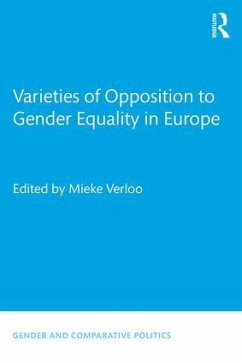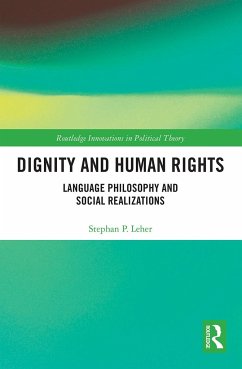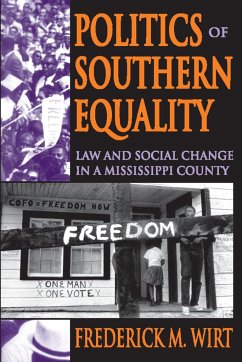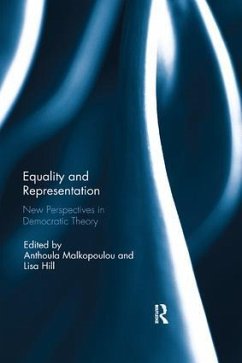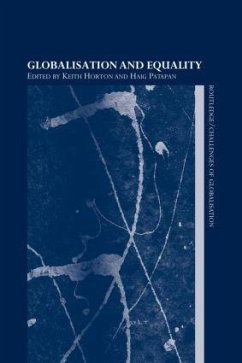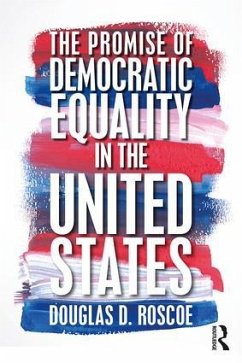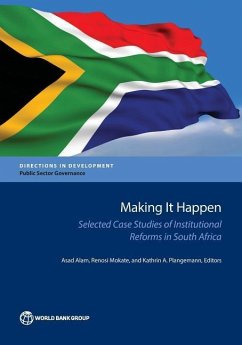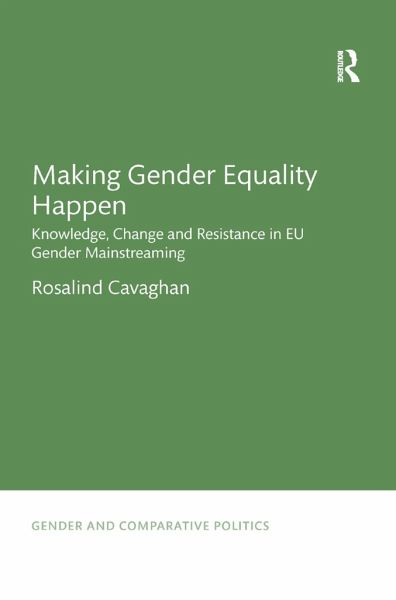
Making Gender Equality Happen
Knowledge, Change and Resistance in EU Gender Mainstreaming
Versandkostenfrei!
Versandfertig in 1-2 Wochen
61,99 €
inkl. MwSt.
Weitere Ausgaben:

PAYBACK Punkte
31 °P sammeln!
In theory, the EU's 'Gender Mainstreaming' policy should mark it out as a trail-blazer in gender equality, but gender equality activists in Europe confront a knotty problem; most civil servants and policy makers can't understand how to 'mainstream' gender. Making Gender Equality Happen argues that we should take this problem seriously. In this book Cavaghan uncovers the social processes that make gender appear irrelevant to so many policy makers using a new method, gender knowledge contestation analysis. Building on this new perspective Cavaghan identifies: barriers to effective gender mainstr...
In theory, the EU's 'Gender Mainstreaming' policy should mark it out as a trail-blazer in gender equality, but gender equality activists in Europe confront a knotty problem; most civil servants and policy makers can't understand how to 'mainstream' gender. Making Gender Equality Happen argues that we should take this problem seriously. In this book Cavaghan uncovers the social processes that make gender appear irrelevant to so many policy makers using a new method, gender knowledge contestation analysis. Building on this new perspective Cavaghan identifies: barriers to effective gender mainstreaming; mechanisms of resistance to gender mainstreaming; and the steps towards positive change, which gender mainstreaming can yield, even when results stop short of 'transformation'. These findings present fresh perspectives for policy makers and activists aiming to make gender equality happen. Cavaghan's new method also opens fresh avenues in feminist EU studies, which are particularly relevant in the wake of the financial crisis, as the EU seems to be stepping away from its commitments to gender equality.





